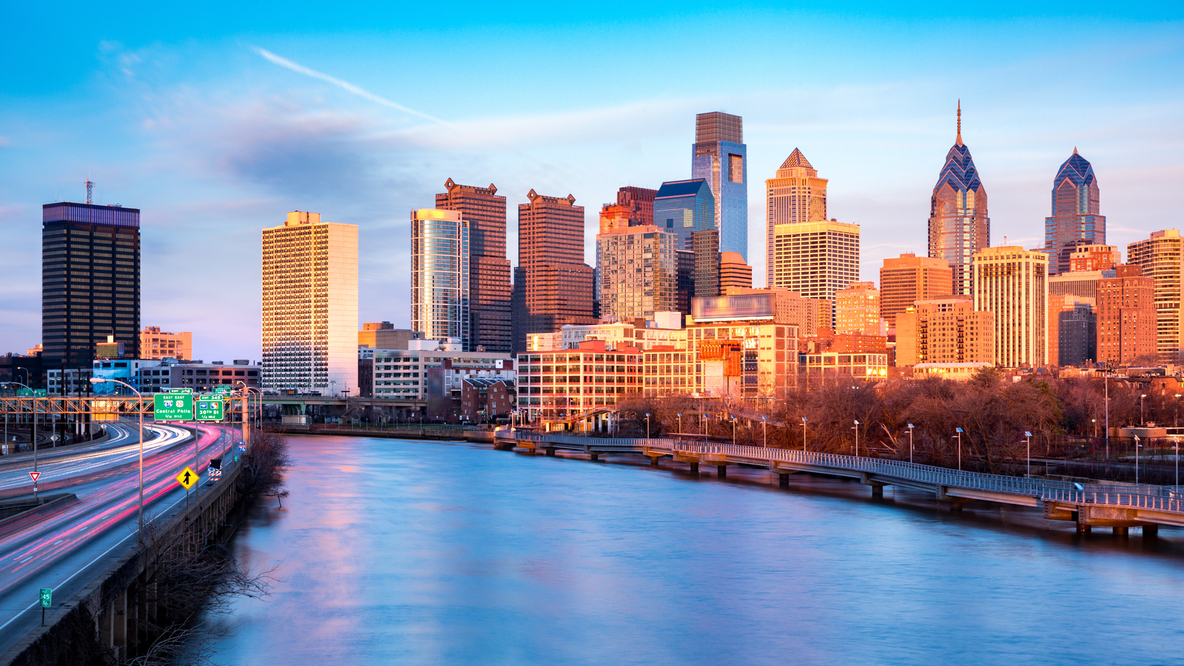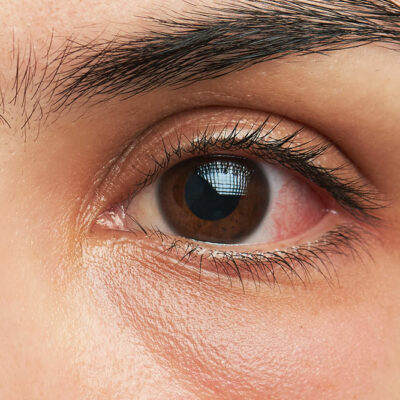
The Worst U.S. Cities for Breathing Problems
And Possible Treatments and Prevention
Breathing problems can often be triggered by environmental factors. These factors may include car exhaust fumes, pollen, dust, and even mold. Therefore, it is in your best interest to reside in a city with few triggers. However, to do so, you first need to know what your triggers are. With that said, certain U.S. cities intensify the symptoms of various breathing problems.
Below, we discuss five cities that make life with breathing issues and respiratory illnesses unbearable:
1. Springfield, MA
In 2018, this city topped the asthma charts. It is the top asthma capital due to the high number of asthma prevalence. The city also held the greatest number of emergency room visits that are asthma-related. That is probably due to the high number of pollen in the area. But there’s also more to say about the housing stock in the city. Springfield has some of the oldest housing stock, which doesn’t help much with asthma and allergic reactions. The hot and humid air doesn’t help either.
2. Dayton, OH
Once again, pollen is the highest aggravator of asthmatic individuals. Pollen such as ragweed pollen and tree pollen can make life in Dayton, Ohio unbearable. It is no wonder this city is in the top 10 worst cities to live in for asthma and allergies. It would be best if you took a shower after being outdoors. Moreover, it won’t hurt to keep your AC on and shut the windows. That way, you can reduce indoor pollen and save yourself asthma and allergy attacks.
3. Philadelphia, PA
Philadelphia is prone to high numbers of dander, dust, and pollen. High mold count and ragweed don’t also contribute to the state in Philadelphia. Thousands of Philadelphians suffer from seasonal allergies. And tree pollen aggravates most of them. When there is pollen season, mostly in fall, you should limit your activities to indoors only. That way, the symptoms of asthma and allergies won’t leave you incapacitated. But before the season begins, it is usually wise to start your medication. It would also be best to consult a doctor if and when your symptoms are persistent. Taking over the counter medicine is not always the best option for Philadelphians in allergies season.
4. Greensboro, NC
This city is usually high on the list of the worst cities. In Greensboro, North Carolina, tree pollen rates are generally high, explaining the high number of asthma prevalence. Although the place isn’t as wrong as others in North Carolina, it is still wise to be careful. Greensboro has excellent weather for wind-pollinated plants. But that means there is going to be more pollen in the air. And the humidity doesn’t make matters any better. It makes the city form lots of molds that are aggravators for some. If you are one of the thousands of people who get running nose and itchy eyes, it is better to start your medication early.
5. Cleveland, OH
This city ranks at number 5 for the most challenging city for people with asthma in the nation. April showers lead to more pollen production in May because plants grow the best. But as a result, you may end up sniffing and coughing more than usual. There are also high numbers of mold and indoor mites and pets. That goes on all year round. You should therefore take more care if you are moving to this city.
While it may not be possible to avoid these cities altogether; you can still take precautions to limit exposure to known asthma and allergy triggers and ensure that you remain healthy. Taking your medication is an important measure. Also, taking a bath after being outdoors is an essential measure of reducing indoor pollen. That is because pollen is the greatest aggravator in most cities.
Prevention and Effective Treatments for Respiratory Illnesses
Respiratory illnesses can be a real pain, but they are also preventable. By taking the following precautions and following the tips outlined above, you can reduce your risk of getting sick and stay healthy all year round:
- Get your regular annual vaccinations: The best way to prevent respiratory illnesses like the flu is to get vaccinated every year. Vaccines like the Pfizer vaccine, Fluzone, Flublock, and Fluad can help protect you from the flu, while Oseltamivir (Tamiflu) and Zanamivir (Relenza) can help treat the flu if you do get sick.
- Hand washing: One of the simplest and most effective ways to prevent the spread of respiratory illnesses is to wash your hands regularly with soap and water. This helps to remove germs from your hands and reduce the risk of infection.
- OTC medications: Over-the-counter medications like expectorants, cough suppressants, and Amantadine can help relieve symptoms of respiratory illnesses like the flu and the common cold. Make sure to read the label and follow the recommended dosage to avoid side effects.


